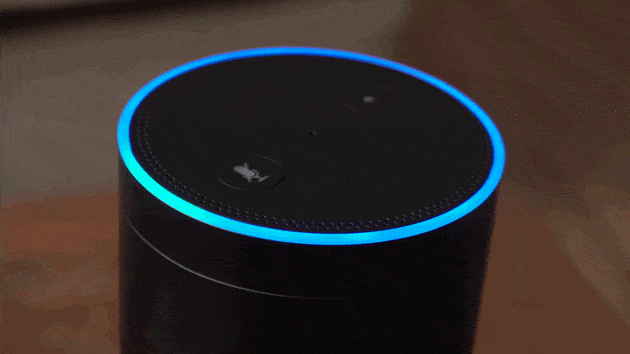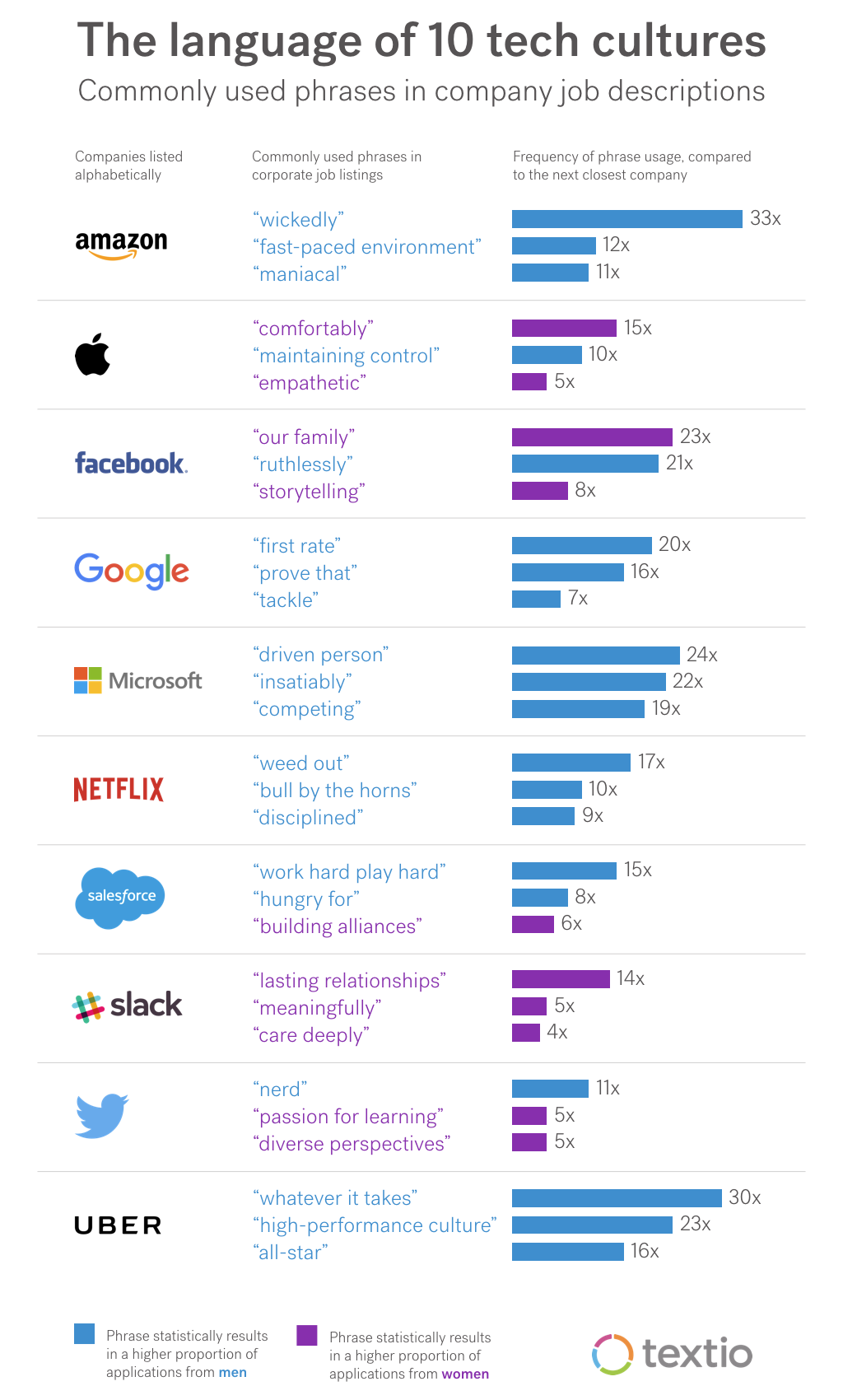HRE Column: Looking ahead to HR Tech in 2018
Once again, I offer my semi-frequent reminder and pointer for blog readers that I also write a monthly column at Human Resource Executive Online called Inside HR Tech that can be found here.
This month, I talk a little about the planning process that goes into programming and developing the content for the next HR Technology Conference and review some of the key issues, themes, and the implications for the future of HR Tech that I am thinking about as I look to create the program this year.
In the piece, take a look at some of the more interesting trends and themes in HR tech that we have been hearing about for some time now, and some newer ideas that have emerged in the last year or so. These issues, challenges, and opportunities will demand continuing focus for HR and business leaders in 2018 and beyond, and I imagine will be a big part of my planning for HR Tech in 2018.
Here's an excerpt from the piece in HRE Online:
Some initial themes and topics that could find their way into the upcoming HR Tech conference include creating business value from HR tech, artificial intelligence and digital assistants.
When talking about raising kids, parents sometimes say, “The days are long, but the years are short.” Even when things on any given day might seem tough, time slips by quickly, and before you know it, the kids are all grown up.
I was thinking about that expression recently for two reasons. One, my child has an upcoming birthday which made me wonder, just where has all the time gone? And two, while it seems to many (especially me) that last year’s 20th Annual HR Technology® Conference and Exposition just concluded, I am already knee-deep in the planning process for the next one, coming this September in Las Vegas.
A large part of conference-planning process is thinking, reading, researching and talking to HR and industry leaders about the most important themes and trends in HR, workplaces and HR technology, to ensure we are adequately reflecting these at the conference. While the preparation for the event is still in the early stages, I thought it would be interesting and also helpful to me to try and use this first Inside HR Tech piece of 2018 to explore some initial themes and topics. Hopefully, these will also be helpful for HR leaders to reflect upon as you begin your own HR and workplace technology planning, purchasing or implementation activities this year.
Creating Business Value from HR Technology
I was doing some research recently and was reminded that the first iPhone launched just over 10 years ago. I mention that for a couple of reasons. Just like in the quote about the passage of time for parents, it does seem as though the iPhone and its cousins have been with us forever. And, after a decade-plus of having access to smartphones and similar technologies, we as consumers have become much more educated and demanding, and our expectations for “value” that we require from these devices (which have all gotten more expensive) have increased substantially. When these new technologies were first introduced, we were excited just to have them and we accepted their capability and functionality at face value, mainly because we didn’t know any better, and didn’t have much of a context or framework for comparison.
Now that we are (or believe that we are) expert, discerning and informed consumers of these technologies, our demands from them and the pressure we place on the providers of these tools have both expanded and evolved. That is the case with any maturing technology, as well as with much of the HR and workplace technologies that companies rely upon...
Read the rest at HRE Online....
If you liked the piece you can sign up over at HRE to get the Inside HR Tech Column emailed to you each month. There is no cost to subscribe, in fact, I may even come over and re-surface your driveway, take your dog for a walk, rake up your leaves, and eat your leftover Halloween candy.
Have a great day!

 Steve
Steve

